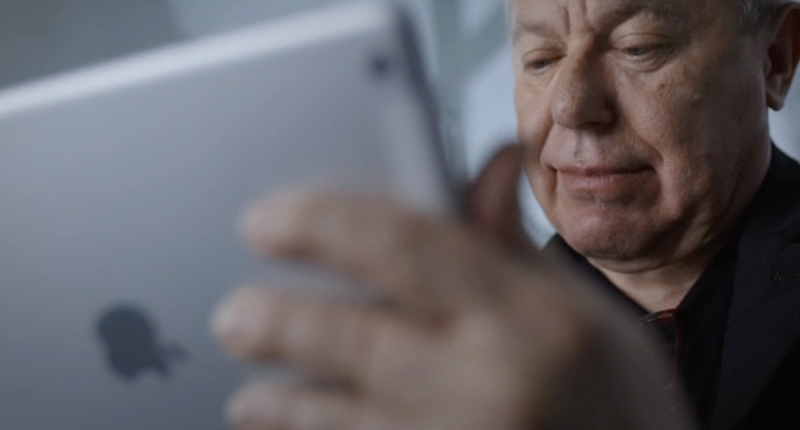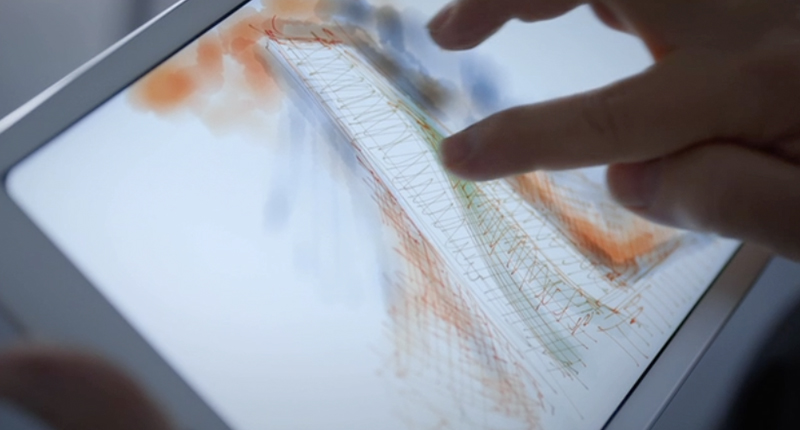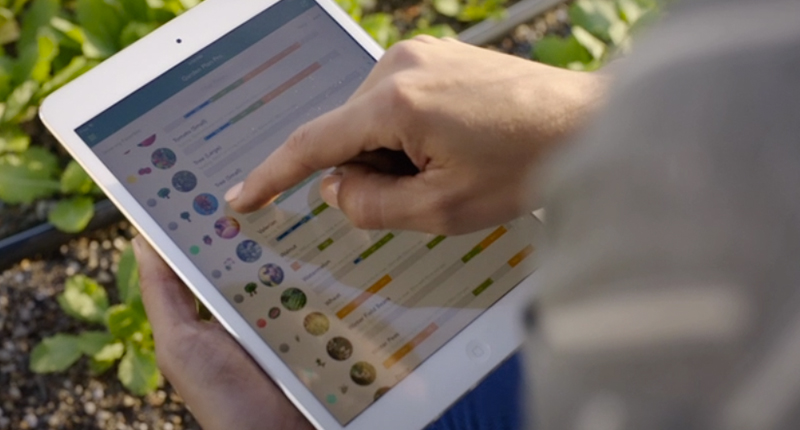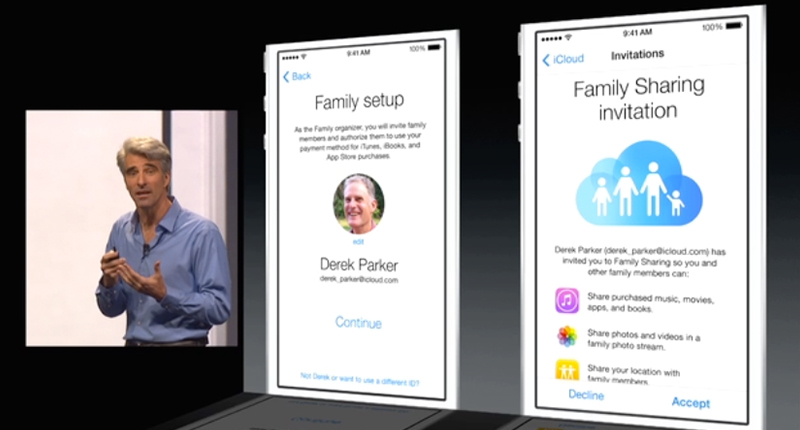Donald Trump’s call for Netflix to remove board member Susan Rice has intensified the Paramount saga, pushing the streaming wars into a political confrontation.
5 ways Apple’s smart home will drastically affect your life

Recently, Apple held its much-awaited Worldwide Developers Conference 2014, which has put a stop to a lot of rumour and speculation. The Cupertino-based giant was expected to introduce a ground-breaking innovation designed to improve all of our lives.. so another stock-standard Apple product, basically. Or so we thought. Now we know that the new set of gizmos is known as “HomeKit”.
With the release of iOS 8 bundled with HomeKit, we can say for sure (without laying the drama too thick) that the future is upon us. The basic premise is that our homes are currently stuffed with smart appliances, but there’s no centralised control. Apple’s aim is to change that. Here are just a few of the ways that HomeKit will be shaking things up:
1. Convenience

An Apple patent published last year displays a home relay server that communicates with mobile devices, then estimates the location of the user. So yeah, your house welcomes you home in a way that a cat simply can’t.
With the launch of this service, you’ll have the convenience of driving up to your home, and watching your garage door open automatically. House-of-the-future is then kind enough to unlock the door from the garage to the kitchen, adjust the temperature to your personal specification and pre-heat the oven for that recipe you selected that morning.
We’re not sure yet if it extends a welcome in a robotic voice eerily similar to Michael Caine, but fingers crossed.
2. Centralised Control

Of course, this service wouldn’t be truly Apple unless it worked with other technology. Consumers will be able to interact with their gadgets and devices such as TV, tablets, laptops, smart bulbs, cameras and probably robot dogs, all from a centralised location.
With home automation looming on the horizon as a major player in the electronics industry (estimated to be worth around US$48-million in four years time), Apple has already positioned itself to capture fair share of the market.
If this all sounds a little bit HAL (or Skynet- we’re not picky when it comes to homicidal AI), you can rest assured that Apple is working with multiple hardware manufacturers such as Samsung, Sony, Philips and more to create a safe and compatible experience.
Siri will be front and centre of your HomeKit experience, escaping from the confines of the iPhone into full-blown house management. She/he can guide you through any technical issues, and once again it’s a better alternative to talking to your cat.
3. Control Your Smart Home From The Road

There wouldn’t be any point in controlling your home from inside if you couldn’t control it from, say, down the street. Or work. Or Mexico.
An Apple smart home system would allow you to control your home’s lighting, burglar alarm, smoke detectors, Christmas lights or anything you like through a mobile device.
Forgot to set the burglar alarm when you left? A couple of taps on your trusty iPhone and the alarm is set and ready to detect evildoers. Adjust the temperature in your home or close the garage doors; all it takes is the touch of a button from anywhere, at any time.
4. Your Privacy

Of course, with the conversion of your average-intelligence-home into a SmartHome, this means that you’ve opened yourself up to hackers. Could a fully connected smart home system such as Apple’s expose you and your family to privacy and safety issues?
The Nest Smoke Detector was recently recalled by Google due to issues with its motion-based alarm silencing method. In other reports, we find that a hacker breached an internet-connected baby monitor, and proceeded to… yell at the baby? For some reason. In any case, that’s definitely a problem
Business Insider reports that “The Internet of Things”, which is the term used to refer to smart appliances that interact with mobile devices and desktops, will account for 9 billion products by 2018. That’s a lot of potential security holes.
Sure, smart home devices created by Apple will include rigorous testing for security related issues. However, we’ve seen a potential for hackers to weasel their way in, and you should be aware that it could happen again.
5. Your Life Outside Your Home

An Apple-controlled smart home could even improve your life outside of your home; or if nothing else, your stress levels.
Being able to control your home from pretty much anywhere should grant a bit of peace-of-mind. Any worries that you might not have locked the door properly will vanish at the touch of a button. You can also remotely view security camera feeds in case of an intrusion, or maybe just if you feel your spidey-sense tingling.
Imagine receiving a reminder to pick up another half-gallon of milk on your way home, because your connected refrigerator noticed the now-expired expiration date on the carton of milk. Not only that; it could also notice your habit of buying too much milk and make recommendations for different sizes. Yes, this does serve to turn your house into the technological equivalent of a nagging spouse, but it’s for your own good. Hey, some people just aren’t good at buying milk.
One way or another, the Apple HomeKit is going to revolutionise the way we live our lives. Whether this is a definite improvement or something that takes a long time to actually work properly remains to be seen.
Meanwhile, we can only hope that the top guys at Apple have seen that one Simpsons episode where this goes horribly wrong, and have taken a few safety hints onboard.


